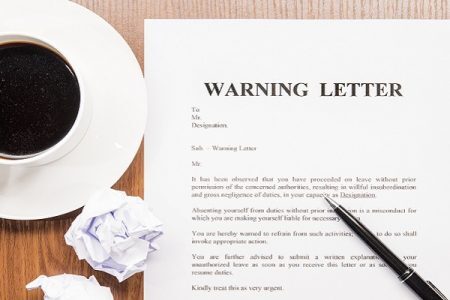FDA Faces Pressure to Enhance Oversight of Online Prescription Drug Promotions
August 14, 2024
The U.S. Food and Drug Administration (FDA) is facing pressure from Congress and the medical community to enhance its oversight of online prescription drug advertising. The pressure comes amidst growing concerns about social media influencers promoting prescription drugs without adequately disclosing their risks. In a recent article published on Law.com, Senior Attorney Nathan Downing shared his thoughts on the risks pharmaceutical manufacturers face when using social media influencers to promote their drugs—and what the FDA can, and should, do to provide sufficient guidance.
In the article, Mr. Downing also notes that social media marketing might not be prudent for all types of drugs. In particular, he points to drugs that carry “black box” warnings from the FDA, noting that it may be difficult for social media influencers to effectively convey what manufacturers need to convey when promoting these drugs. To date, however, the FDA has not issued guidance with this level of clarity—instead preferring a more general approach that provides more room for interpretation.
Promoting Prescription Drugs Through Social Media Influencers
Like companies in a wide range of other industries, pharmaceutical manufacturers have become increasingly reliant on social media platforms like Instagram and TikTok to promote their products. In addition to promoting their products themselves, these companies are also engaging social media influencers to post positive commentaries and reviews. While there is nothing inherently unlawful about this approach, drug manufacturers and other companies must ensure that they are not using influencers to make claims that they cannot lawfully make themselves.
The Law.com article references Kim Kardashian’s promotion of Diclegis on Instagram during her pregnancy in 2015. As the article explains, after Kardashian told her followers, “It’s been studied and there was no increased risk to the baby,” the FDA promptly issued a warning letter to Diclegis’s manufacturer advising it to “immediately cease such misbranding.”
While that was almost 10 years ago, little has changed in terms of the FDA’s approach to regulating social media promotions of prescription drugs since that time. In fact, Kim’s sister, Khloe Kardashian, was also the subject of a warning letter for FDA violations committed on “The View” in 2021. This lack of action led Senators Dick Durbin (D-Il.) and Mike Braun (R.-In.) to send a letter to FDA Commissioner Robert Califf earlier this year. In the letter, Senators Durbin and Braud note that research has shown, “patients are more likely to ask their provider for a particular medication and to receive a prescription if the patient has seen a direct-to-consumer (DTC) advertisement for the drug,” and they cite, “gaping holes in FDAs oversight of DTC promotions that are being exploited on social media at the expense of children and patients.”
What does this mean for pharmaceutical companies in 2024 and beyond? Despite facing pressure, the FDA has not taken any public steps toward enhancing its oversight of online prescription drug advertising. However, after Mr. Downing spoke with Law.com, the FDA has issued letters, found here and here. Stay tuned to learn more about these FDA actions.
Ultimately, it is up to pharmaceutical companies to take a proactive approach to compliance—and to ensure that their online promotional efforts can withstand FDA scrutiny if necessary.
Contact Us for More Information
Gardner Law represents pharmaceutical companies and other clients in all areas of FDA compliance and enforcement. If you have questions or concerns, contact us to arrange an initial consultation today.